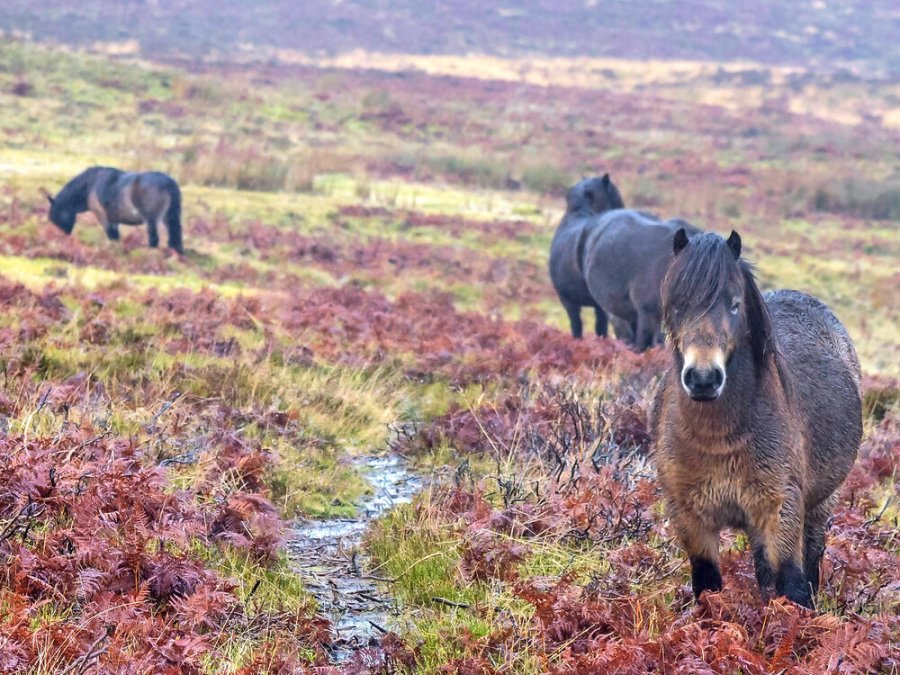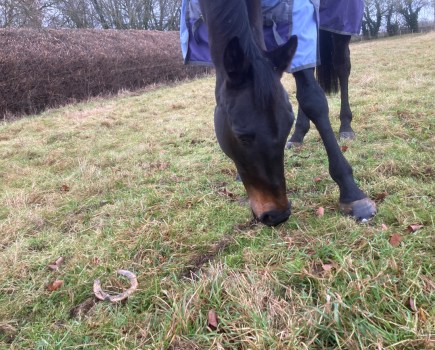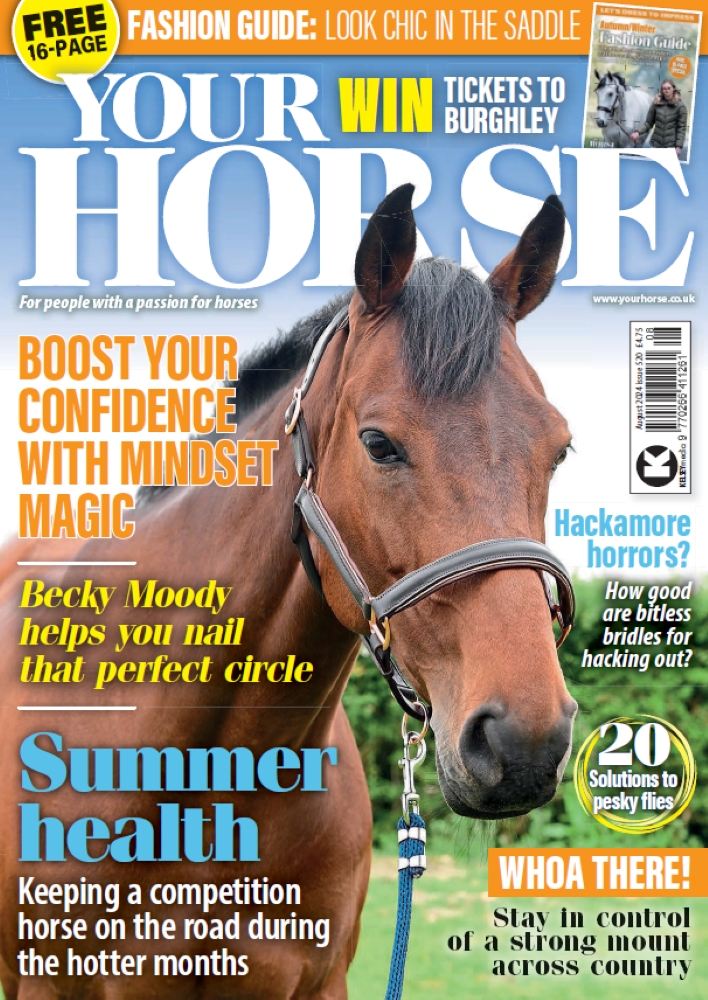With ever more equines suffering from conditions like laminitis, are our management systems harmful? Vet Leona Bramall, MVB CertAVP(EM) MRCVS, wonders if we can take a leaf out of the book of semi-feral ponies’ care.
The horse is a wild herd animal that was domesticated around 6,000 years ago. Free-roaming ponies are still encountered in parts of the UK today, namely on Exmoor and Dartmoor, in the New Forest and in Cumbria. But what can we learn from these semi-feral horses that we can apply to the management of our own equines?
Domestication is necessary because it allows us to use horses for work and pleasure. It has, however, accentuated a number of problems, not least the obesity epidemic, gastric ulceration and an increased incidence of colic due to dietary changes. It’s easy to lose sight of how horses survive in the wild and this has resulted in a life detached from how horses are designed to exist. However, domestication isn’t all bad. With ongoing improvements in our knowledge of horses and how to care for them, it’s not uncommon to see our four-legged friends living into their second or third decade — a feat generally not achieved in the wild.
Food for thought
In a domesticated setting, horses and ponies are considered grazers, whereas in a more feral environment they are thought of as browsers. These semi-feral horses live in large areas boasting relatively poor quality land and, as a result, they travel for miles browsing for suitable food.
This constant mobility has obvious benefits from a weight perspective, as well as in terms of hoof wear. Weight is gained over the late spring and summer months when climatic conditions, as well as grass growth, are more favourable and then shed over the winter months.
Tips for living on the (semi) wild side
- Feed soaked hay little and often to mimic natural eating habits.
- Keep an eye on your horse’s weight and try to follow the natural pattern of weight loss over the winter and weight gain in the spring and summer.
- Don’t rug horses unnecessarily — unclipped horses and ponies in good health don’t require rugs, and not rigging will facilitate the natural weight loss cycle and help to prevent laminitis and equine metabolic syndrome (EMS).
- Working and/or keeping horses on a variety of terrain will help to maintain soundness.
- Encourage as much movement as possible, whether that’s in-hand, turnout or ridden exercise.
- Allow horses to browse on a variety of vegetation to mimic self-medication.
For more advice and inspiration on natural management, see the full article in our latest issue.
Don’t miss the latest issue of Your Horse Magazine, jam-packed with training and veterinary advice, horse-care tips and the latest equestrian products available on shop shelves, on sale now.









